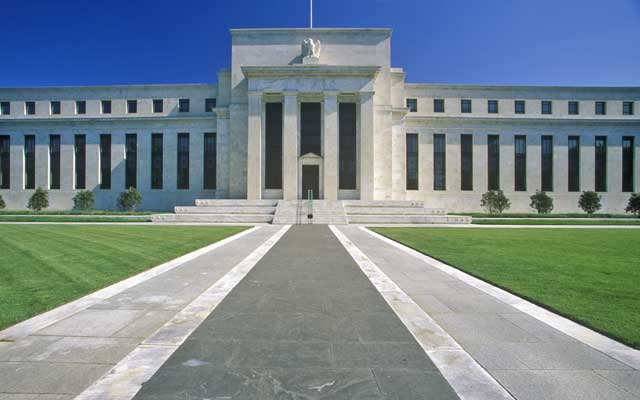The Fed at 100: Why Do We Have a Central Bank?
Norbert Michel /
The Federal Reserve, the U.S. central bank, is surrounded by as much controversy today as it was at its creation 100 years ago. The Fed has never been short on critics, but the anti-Fed movement has even gained traction inside Congress, according to a recent National Journal article.
The Fed’s most recent detractors tend to focus on the efficacy of its quantitative easing (QE) programs—QE1, QE2, and QE3—whereby the Fed attempted to boost the economy by purchasing long-term Treasuries and mortgage-backed securities (MBS). These programs have failed to boost the economy (otherwise there would have only been one QE) and have left the banking system with more than $2 trillion in excess reserves which banks can use to make more loans. (These reserves are part of a “base” from which banks are allowed to make more loans—the higher the base, the more loans can be created.)
This amount of excess reserves greatly increases the danger of future inflation because banks can now create up to $20 trillion in new money—nearly double what currently exists in the U.S. economy. (More money in the economy, with everything else constant, leads to higher prices.)
Critics are also correct to point out the irony of the QE programs: One factor in the financial crisis was that (in hindsight) too much lending was encouraged, but the QE programs are intended to spur the economy through more lending.
The QE programs should be ended because they have not worked and because they are perpetually increasing the base that banks can use to make more loans. Taxpayers will ultimately pay for these QE programs through some combination of higher taxes and/or higher prices.
Lost in the QE controversy is the question we should be asking on the Fed’s 100th birthday: Why do we have a central bank? Larry White addresses this question in a recent lecture—“The Federal Reserve System at 100: Success or Failure?”—at Middle Tennessee State University. The answer may surprise you.

